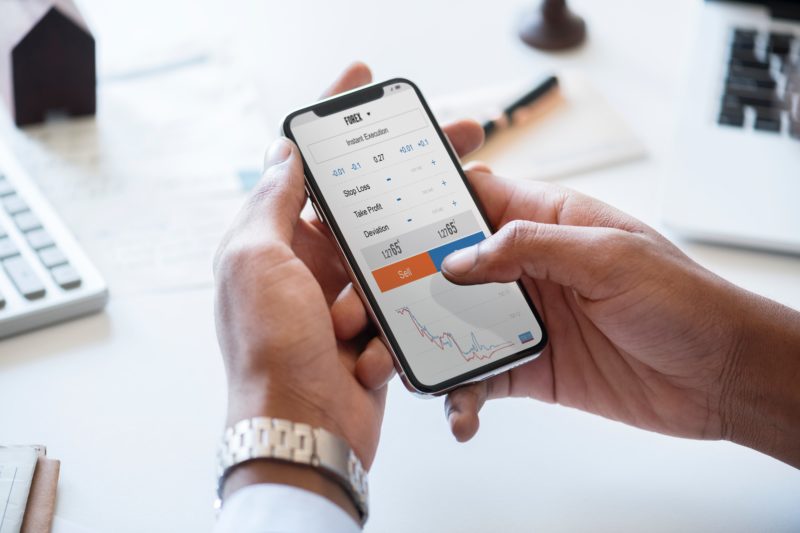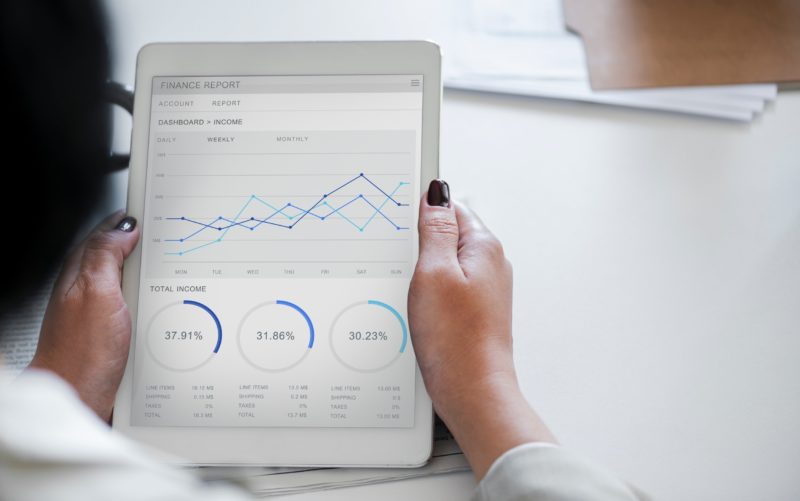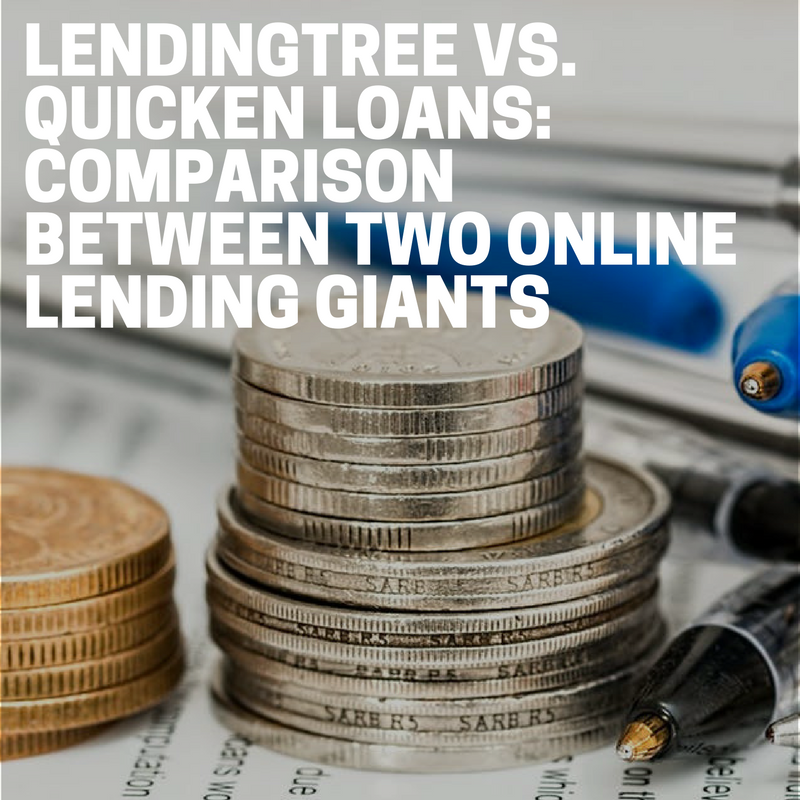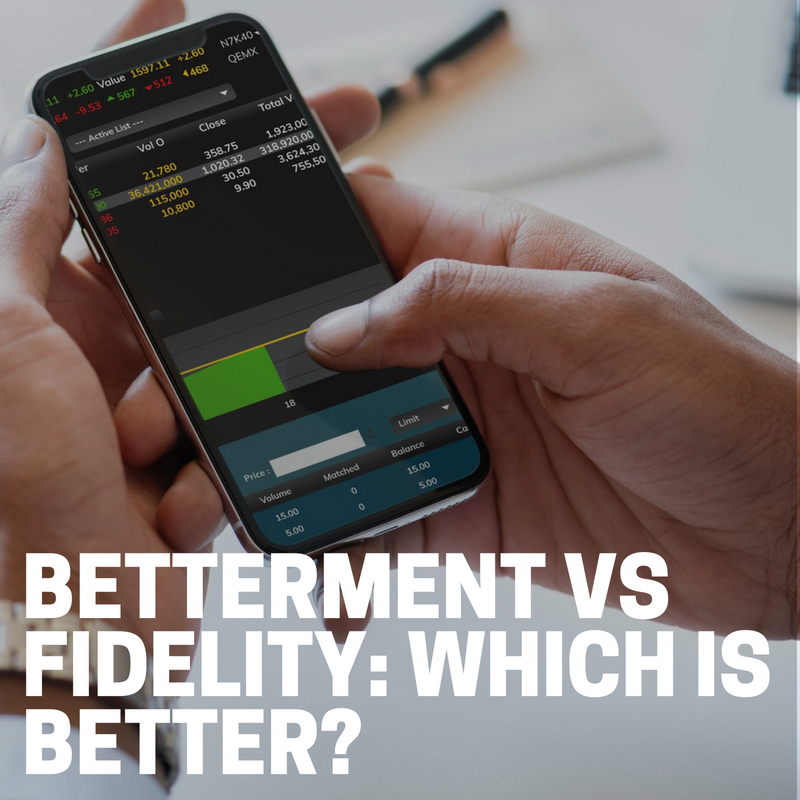Saving for retirement is one of those things we all know we need to be doing, but we’re not entirely sure how. You don’t want to rely on your employer-sponsored 401k alone (if you’re lucky enough to have one). And who knows whether Social Security will be available when you decide to retire. It’s important to take saving for retirement into your own hands, no matter how daunting a task it might be.
While retirement may not even be on your radar if you are decades away from retirement, it’s time to change that. In order to set yourself up for retirement, it’s best to start saving and planning now.
One popular method of saving for retirement is an IRA (an Individual Retirement Account). There are multiple investment options when it comes to IRAs, including ETFs (exchange-traded funds). In this article, we’ll dive into a little more information on IRAs and ETFs, and share the best ETFs to consider for your Roth IRA retirement accounts.

What is a Roth IRA?
Before we dive into the different ETF options and what makes them so attractive, let’s first talk about what an IRA is. An IRA, or an Individual Retirement Account, is just what it sounds like. It’s an account meant to help you save for retirement. The two primary types of IRAs – a traditional IRA and a Roth IRA.
Both the traditional and Roth IRA account have an annual contribution limit of $6,000 (or $7,000 if you are 50 years or older).
The difference between the two really comes in when we talk about tax-deductibility. There is a tax deduction of traditional IRA investments, and you don’t have to pay income taxes on that money until you make withdrawals.
With your Roth account, on the other hand, you pay the taxes on the front-end. Your contributions aren’t tax deductible, but the money with be tax-free when you make withdrawals.
The other big difference between the traditional IRA and the Roth IRA is the eligibility. Anyone can contribute to a traditional IRA, but only individuals under a certain adjusted gross income are able to open a Roth IRA.

Why Roth IRAs?
So if anyone can contribute to a traditional IRA, you might be wondering why the benefit is of the Roth IRA.
First of all, the deferred tax benefit can be a huge advantage. If you are hoping to set yourself up in the best position possible when you retire, it stands to reason you would want a retirement plan that doesn’t have a tax burden for withdrawing those savings.
Second, a Roth IRA has more flexible early withdrawal rules. It certainly is not ideal to take money out of your retirement account prior to retirement. But if an emergency arises, a Roth IRA will allow you to withdraw money you’ve put into the account without taxes or penalties.
Finally, a Roth IRA has fewer restrictions in the long-term. While a traditional IRA requires you to start taking required minimum distributions at once you hit the age of 70.5, a Roth IRA has no such requirement. You can allow the money to stay in the account and grow, and can even continue to make contributions after the age of 70.5. This could help you boost the amount of money you are able to pass onto your loved ones.

Do I Need an IRA?
If your employer offers a 401(k) with any kind of match, that is great news. You should definitely take advantage of that and contribute at least up to the amount your employer will match.
However, not everyone has a 401(k) through their employers (or they are self-employed and don’t have an employer at all). In that case, it’s important to find other options available to you.
Even if you do have an employer-sponsored 401(k) that you are taking advantage of, don’t stop there! There’s a maximum annual contribution for a 401(k). And as you’re thinking more about retirement, you may want to exceed the amount of your maximum 401(k) contribution.
That’s where an IRA comes in!
If you are ready to get started with your IRA, be sure to check out our list of the best self-directed IRA companies.

What Is an ETF?
An ETF (otherwise known as an “exchange-traded fund”) is a collection of different types of investments pooled together. These are then bought and sold as one through a broker. These baskets of securities are made up of individual stocks, bonds, and commodities, or some combination of the three.
As an investor, you purchase a share (or shares) of the entire basket. In return, you own a proportional share in the fund’s total assets.
Why Choose an ETF?
ETFs have skyrocketed in popularity, and have become the go-to investment strategy for many financial planners. This is especially true for the millennial generation. According to Charles Schwab’s ETF Investor Survey, most millennials select ETFs over other investment options. However, it's important to note that these investments are not just for millennials. Nearly 90% of financial advisors recommend ETFs to their investor clients.
So why are so many people opting for ETFs over other investments? There are a few reasons.

Less Risk
Because an ETF is a basket of assets such as stocks, bonds, and commodities, there is less risk involved. You are not relying on the success or failure of just one asset. If one of the assets in the group is performing poorly, that does not necessarily impact the value of the asset as a whole, especially if others are performing very well!
For individuals who are relatively new to investing, or who have been scared off from investing before because they have a low risk tolerance, this is a huge selling point of ETFs.
Keep in mind, this also means you are less likely to see dramatic returns on your investment. But since many people are looking for security when it comes to their retirement savings, that might be okay with you.
All of this being said, it is important to note that there is some risk involved with ETFs, just as there is with any other investment you might make. It is important not to go into your investment under the assumption that because they are lower risk, there is no risk at all. That is simply not the case.

Lower Cost
ETFs have quite a few cost benefits for investors.
First of all, the start-up cost of ETFs is lower than some of the other options on the market. Most ETF shares trade for $100 or less. This means you can have a relatively well-diversified portfolio without investing a significant amount of money right off the bat.
Next, ETFs generally have lower fees than other investment options, such as mutual funds. This is because the responsibilities required to manage the fund are relatively limited. In addition, many brokerage companies allow you to buy and sell commission-free ETFs. In the cases where you do pay a commission, you’ll likely still be saving money over the purchase and sale of other types of investments.
Finally, there are tax benefits associated with ETFs. With mutual funds, investors are taxed over the course of their investment. With ETFs, however, investors are typically only taxed upon selling the investment. You’ll be able to avoid much of the capital gains tax you would be paying with mutual funds, allowing you to keep more of your hard-earned money.

Less Work
For people who are new to the stock market, starting to learn about investment options for retirement can certainly be a daunting process. In most cases, ETFs are passively managed, versus their actively managed counterparts of mutual funds.
When it comes to saving for retirement, this hands-off approach for your long-term investments might be just what you’re looking for.
What to Look For in an ETF
Low Expenses
One of the big selling points of exchange-traded funds over other types of investment is the cost. You’re often looking at a low buy-in cost, as well as low expense ratios compared to other investment options. Because of that, it’s not difficult to find ETFs with low costs associated with them.
The low cost is an especially important draw for beginner investors who are starting to plan for retirement savings but aren’t comfortable investing a large amount of money.

Low or No Commission
As we talked about previously, there are ways to buy and sell ETFs without paying a commission. There are some investment brokers who simply don’t charge a commission. Other brokers don’t charge a commission so long as it is their fund that you’re purchasing. For example, you would be able to purchase Vanguard ETFs with no commission, so long as you purchased them directly through Vanguard.
Dependable Tracking
ETFs are designed to track an index. For example, S&P 500 ETFs are meant to track the S&P 500 index. It’s important to compare the two to ensure the ETF is actually dependable tracking the index it claims to be tracking.
The Best ETFs for Roth IRA
When it comes to ETFs, there are a handful of companies that really dominate the market, and for a good reason. It’s a competitive industry, and these top companies stand out due to their success rate of good returns, as well as their low expense ratios.
Let’s talk about some of the most popular ETF companies on the market, as well as some of the best ETF options they have to offer.
You can also work directly with a financial planner or the company that manages your IRA in order to decide which ETFs are best for you and your financial goals.

iShares (BlackRock)
iShares is a group of ETFs that are managed by BlackRock, a global investment management corporation. BlackRock is the largest provider of ETFs, holding nearly 40% of the market in the U.S. (and about 35% on a global level).
iShares originated in 2000 under the ownership of Barclays Global Investors. iShares was later sold to BlackRock in 2009.
As the owner of the largest share of the ETF market, it’s not surprising that BlackRock’s iShares make up many of the most popular ETFs, many of which have low expense ratios.
Here are some of the best ETF options available through BlackRock:
- iShares Core S&P 500 ETF (IVV): This is iShare’s largest ETF, and the second largest available overall. This is a large-cap ETF, meaning it holds only the largest companies in the market. The purpose of this fund is to match the return of the S&P 500 index. The fund has the benefit of one of the lowest expense ratios available on the market.
- iShares Core S&P Mid-Cap ETF (IJH): This isn’t at the very top of the list of iShares’ funds as far as asset size, but it is one of the most affordable mid-cap funds on the market. It also has an expense ratio that is well below the average. This fund is ideal for long-term investments.

Vanguard
Unless you’re brand new to the world of finance and investing, you’ve probably heard the name Vanguard before. Vanguard is not only one of the most popular ETF issuers, but also one of the most affordable. This makes them an ideal option for those just getting started with ETFs who are not ready to make too much of an investment just yet.
The expense ratios of Vanguard ETFs are well below the average. And if you open an account and buy and sell your ETFs directly through Vanguard, then you can avoid paying commissions, which are the other expense associated with ETFs.
Here are some of the best ETF options available through Vanguard:
- Vanguard Total Stock Market ETF (VTI): This is the largest ETF available through Vanguard, and the third largest available overall. It is their flagship fund. This ETF has the benefit of an incredibly low expense ratio and broad diversification.
- Vanguard S&P 500 ETF (VOO): This is the second largest of Vanguard’s available funds, coming in a close second after the total stock market fund. The purpose of the S&P 500 fund is to match the return of the S&P 500 index. This fund is ideal for long-term investments.
You can learn more about Vanguard in this comparison of several financial management companies.

SPDR (State Street)
State Street Global Advisors, the provider of the SPDR ETFs, was once the largest U.S. ETF provider as far as market share and assets. State Street created the first ETF in 1993 and remained the largest provider in the ETF market for decades. Even now, as they’ve fallen to third place as far as market share, they’re still one of the largest in the industry, holding nearly 20% of the market.
Here is what is available through State Street:
- SPDR S&P 500 ETF Trust (SPY): State Street may no longer be the largest ETF provider, but they do manage the single largest ETF in terms of assets under management. As with the other S&P 500 ETFs mentioned, this fund tracks the S&P 500, meaning it is packaged with shares of stocks that are in the S&P 500. You only have to make one transaction to purchase a pretty broad diversification of the largest companies on the market. The fund has an expense ratio that is well below average and is good for long-term or beginner investors.

In Conclusion
No matter what age you are, it’s important to be planning and saving for retirement. While previous generations were able to rely on Social Security, you will feel more confident about your retirement if you really take things into your own hands.
A Roth IRA is one of the most popular options for saving for retirement. And while there are many investment options available for your Roth IRA, you can see that the popularity of ETFs is certainly on the rise! It’s certainly in your best interest to educate yourself on the other investment opportunities available before committing yourself to ETFs. Your decision will be personal to you depending on the amount of money you’re investing, your risk tolerance, and the amount of time you’re making the investment for.
When you’re ready to dive into your retirement strategy and decide what type of investments to make, you can refer back to this list of the best ETFs for your Roth IRA retirement account.
It’s also important to note that you are never required to make these decisions on your own! There are plenty of options when it comes to financial planners and companies who can manage these investors for you. Today there are also robo-advisors available, which use algorithms to plan your finances with little to no human intervention.
You can learn more about robo-advisors in our article about the best robo-advisors for your Roth IRA.



